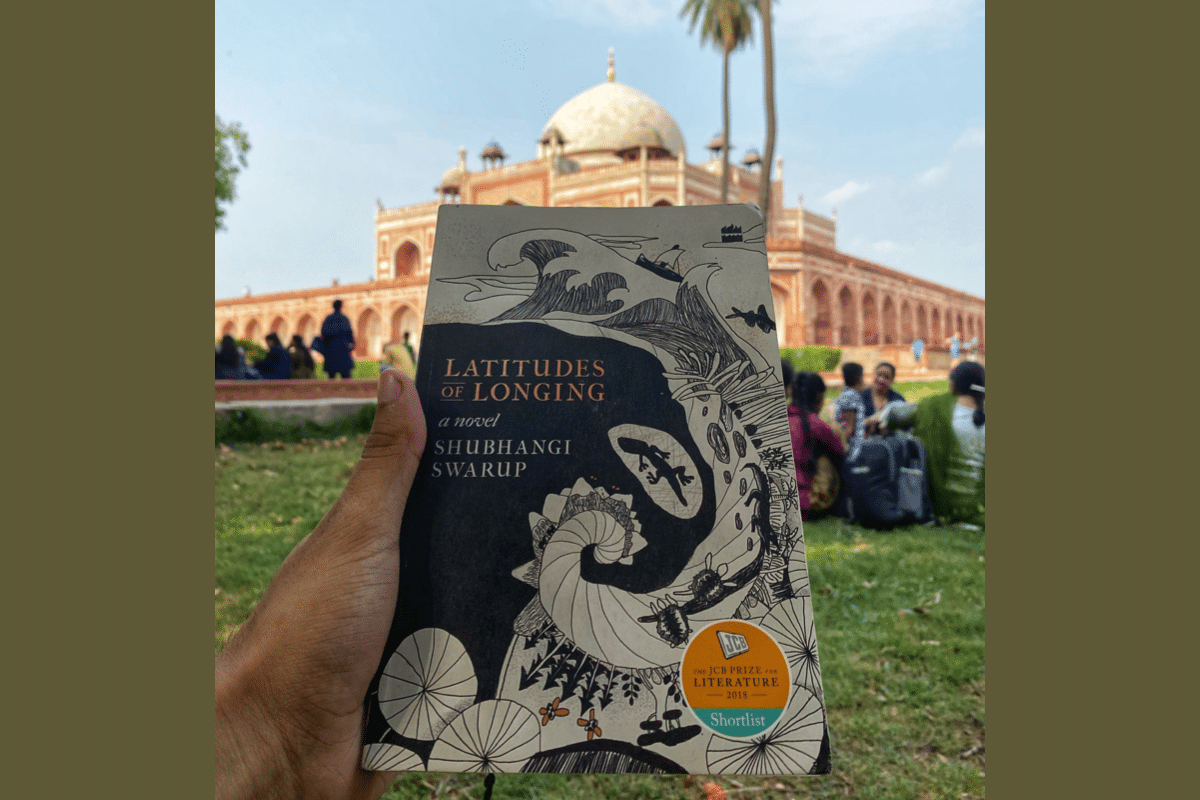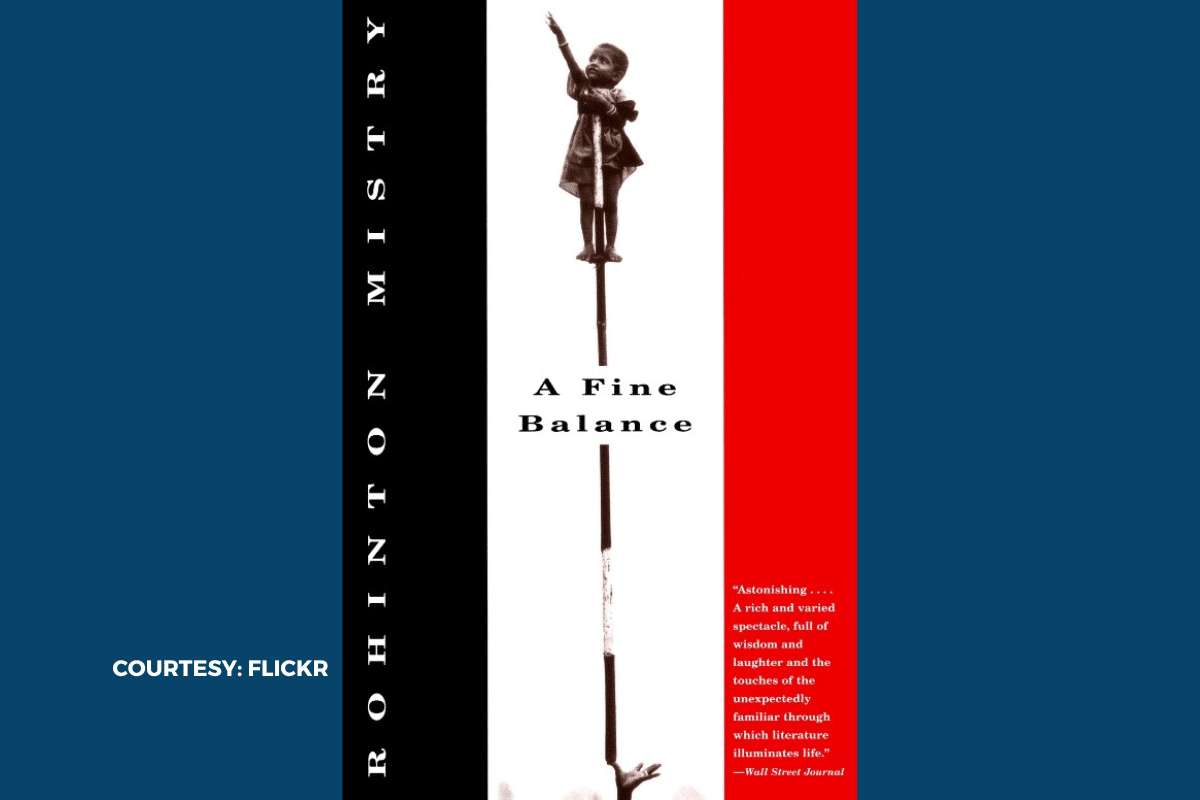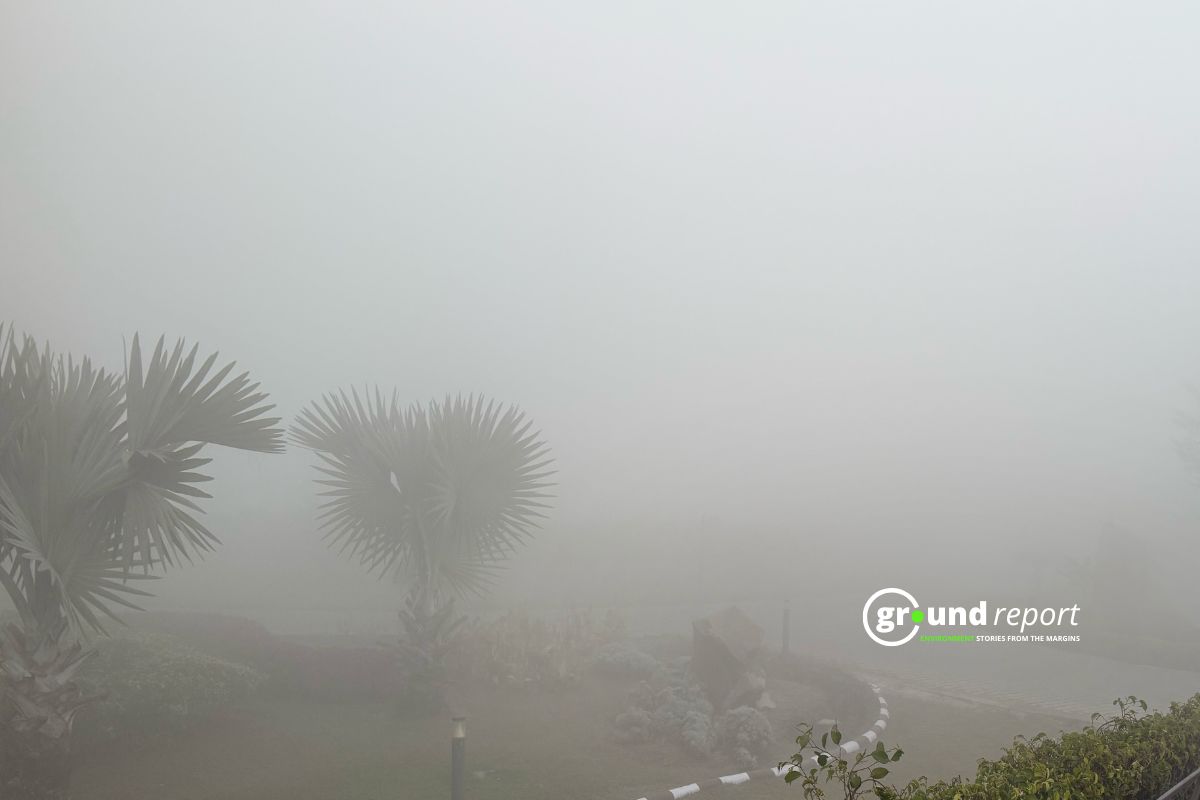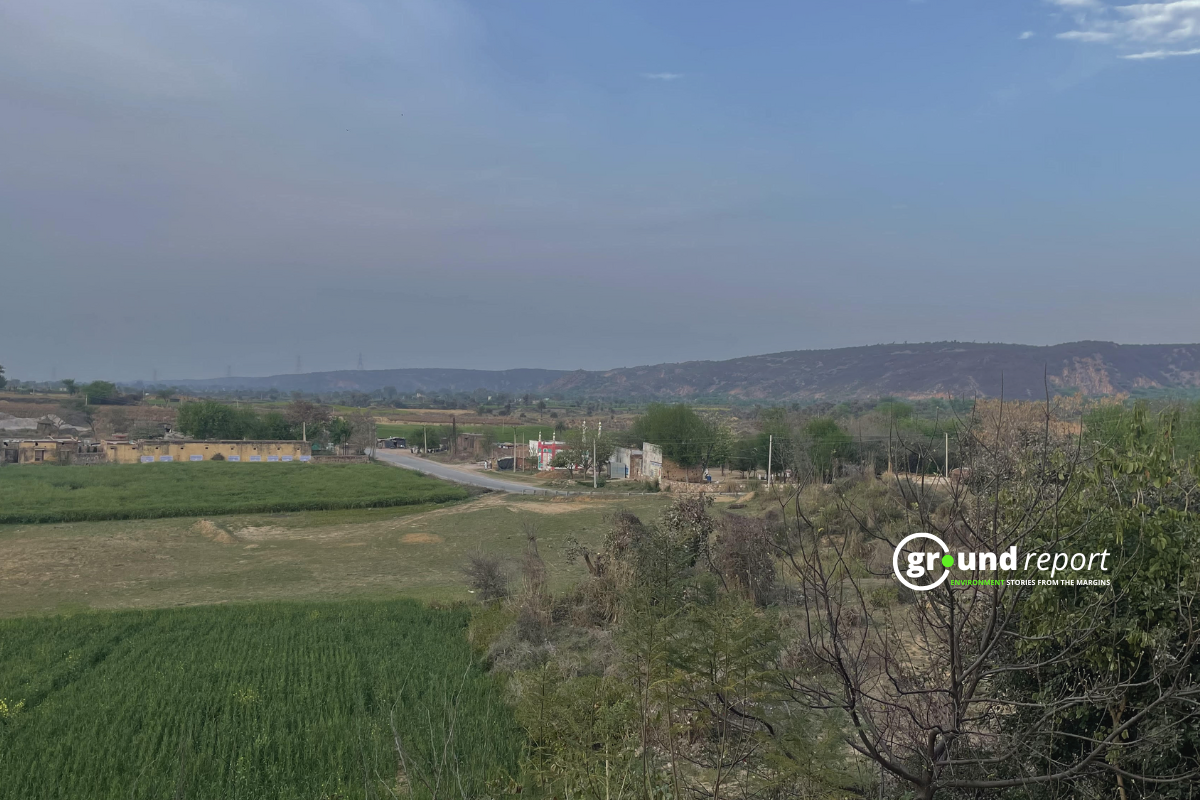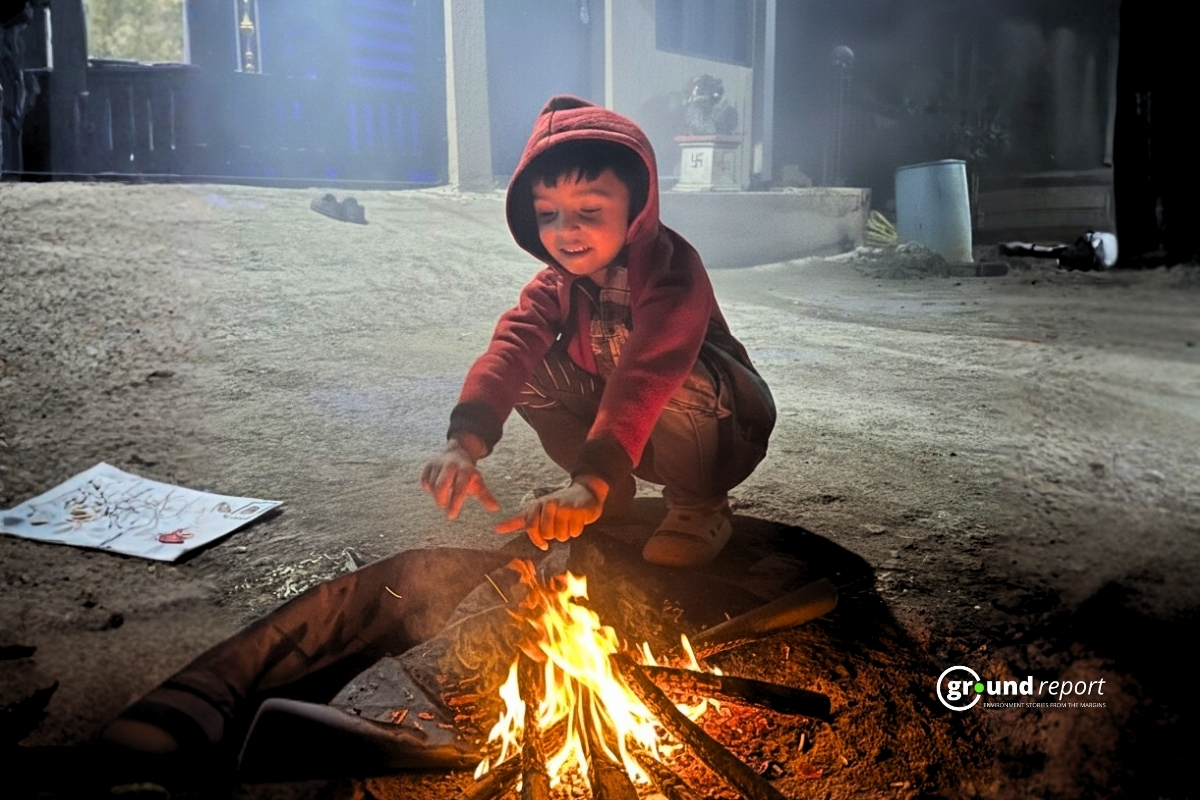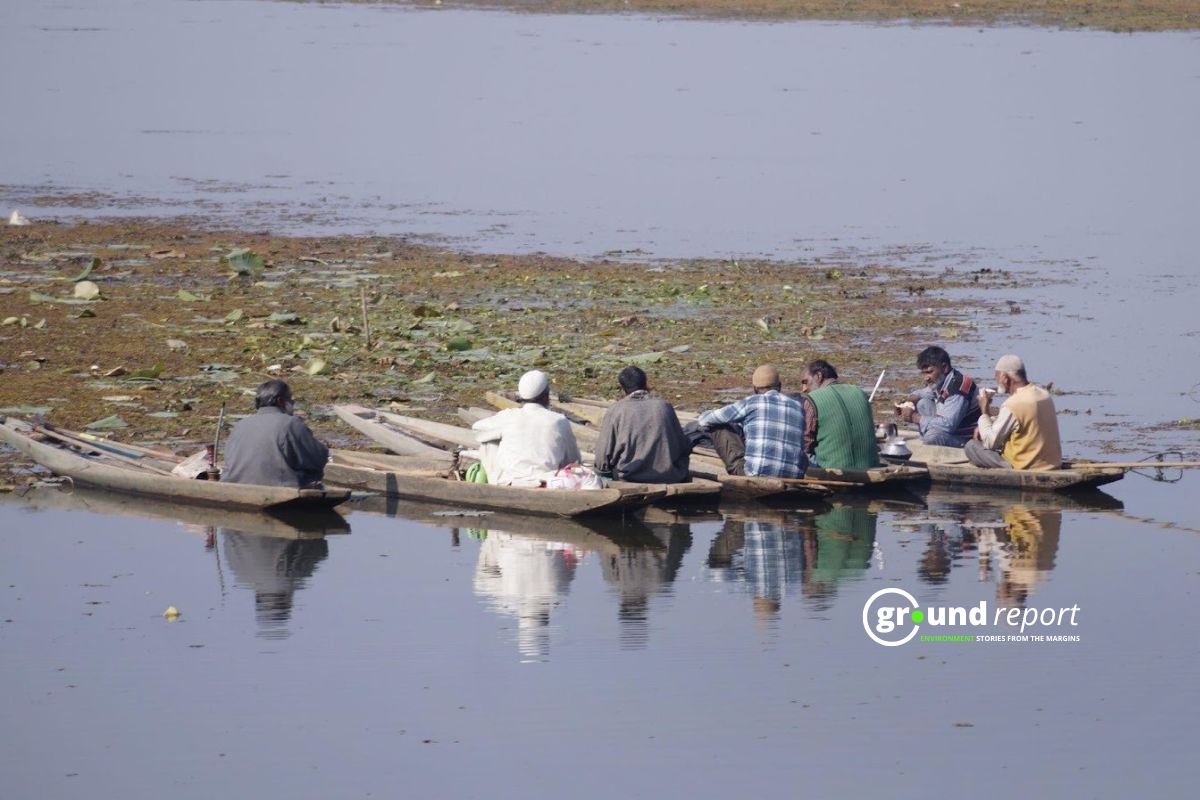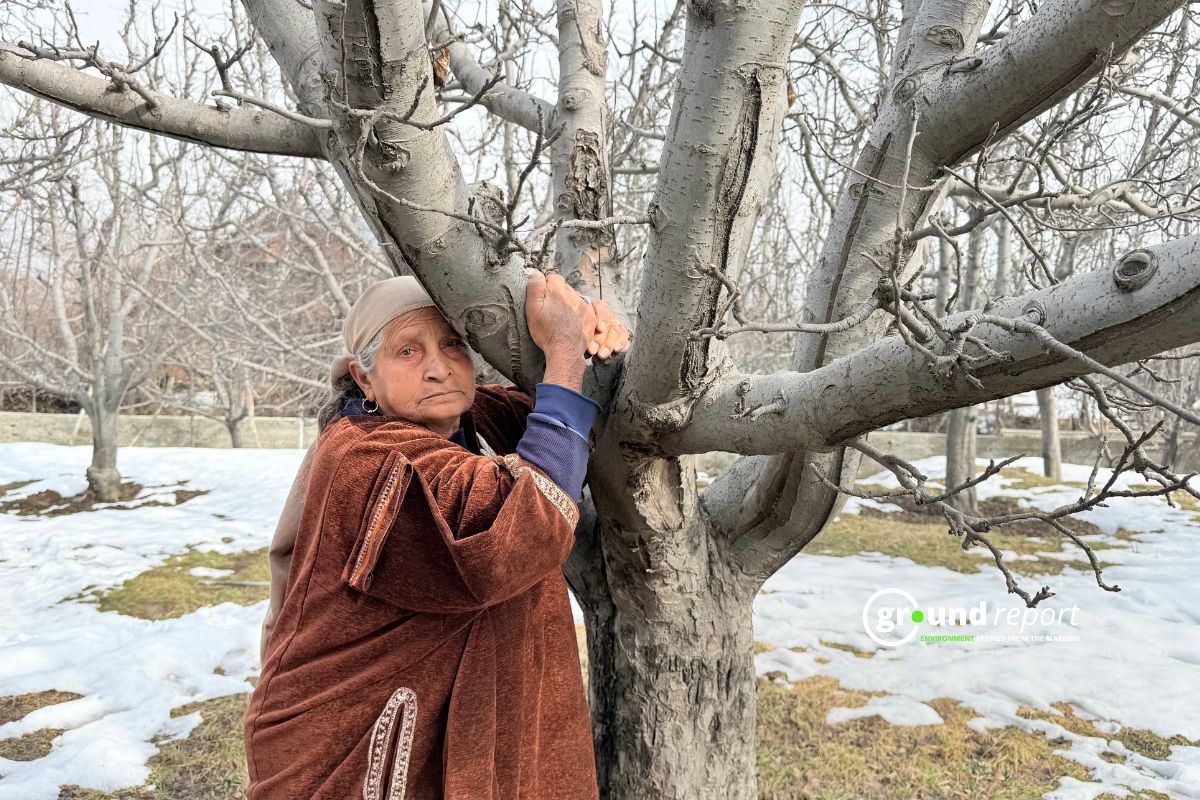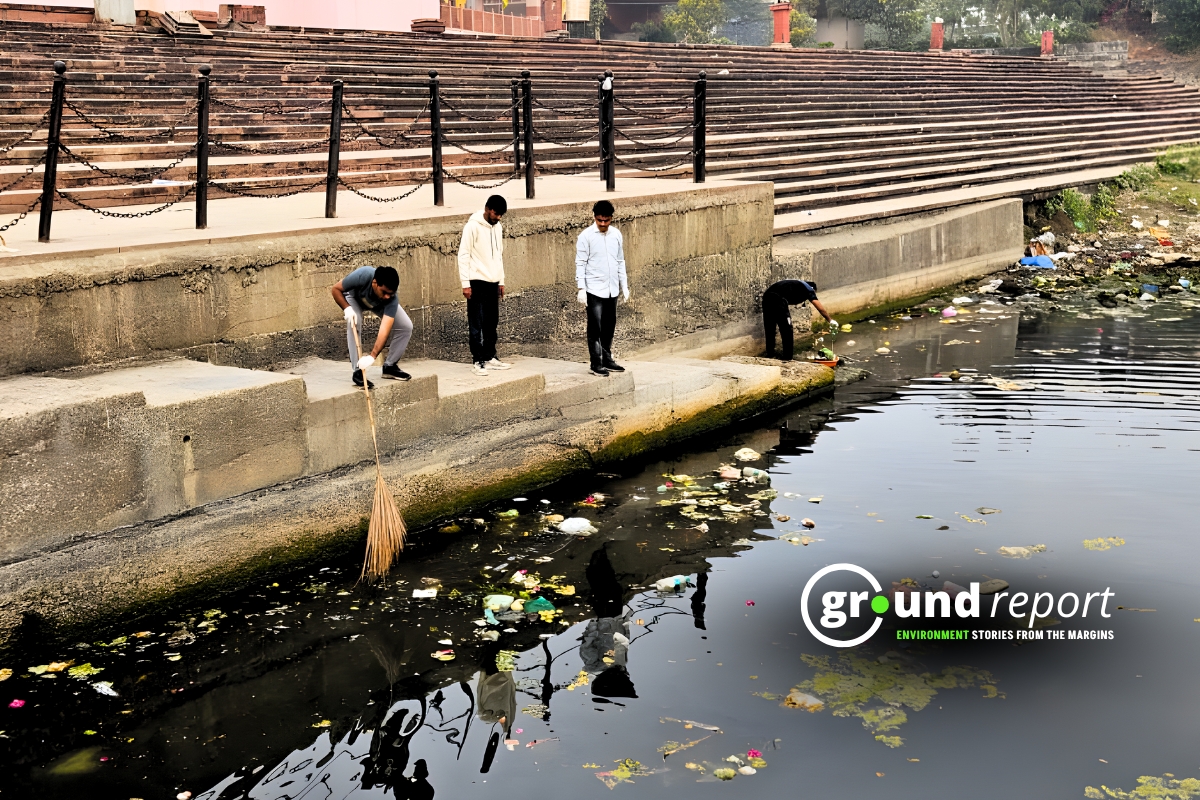Shubhangi Swarup’s debut novel is the literature of marvellous excellence, and original imaginative grit. This novel is an experience which you would have never had. When you pick up the book, even with the blurb, you can barely anticipate what this ambitious novel entails. The book just takes a few pages to stand out. Like, the book starts with the line, “Silence on a tropical island is the relentless sound of water.” The author’s imagination is so unique, and vivid that it keeps you hooked on every word of the page. There are no favourite lines in the book, always paragraphs which the reader is in awe of.
Interestingly, the novel is divided into 4 parts: Islands, Faultline, Valley and Snow Desert, and is set in locations like the Andaman & Nicobar Islands, Burma (Myanmar), Nepal, and even in Sai-chan Glaciers. Through these topographies, the author makes the entire usage of language and metaphors distinct from anything you would have ever come across. The islands, earth, sea, glaciers, everything become characters in themselves. The lyrical, and detailed description of many varied locations would have demanded extensive research. The calibre of her writing presents it with authenticity, and distinctiveness, in turn producing an ambitious book, and a new genre: ecological fiction.
All the characters live in the uncertainties of time, and geography. Their lives are anything but ordinary. The consistent theme of how humans transform and impact each other’s life is at the very core of the storytelling. The theme always lingers in the background, which is the only thing you can predict in the story. The intertwined conflicts and geographical uncertainties reminded me of a line from Arundhati Roy’s The God of Small Things, “Perhaps it’s true that things can change in a day.” As I have consistently talked about the varied geography, the novel still has a lot of sentimentalities to offer. Through, geographies, there are relationships of love, longings, remembrance, passion, between trees and humans and ghosts, and sea, and ice etc.
Although, the book does fall flat due to the burden of its inventiveness. The first part of the book i.e. ‘islands’ makes so many promises, and slowly the authors lower the stakes of the book and flow into the narrower border traits. As you progress towards the end of the book, the connection between various parts feels forced, eventually making this novel a series of short stories. There is nothing particularly wrong with a novel being a set of four novellas. Shubhangi Swarup is a writer to look out for.
One of the characters in the book, Apo says, “The longing grows. It grows old with us. But it doesn’t die.”
You can connect with Ground Report on Facebook, Twitter, Koo App, Instagram, and Whatsapp and Subscribe to our YouTube channel. For suggestions and writeups mail us at GReport2018@gmail.com
